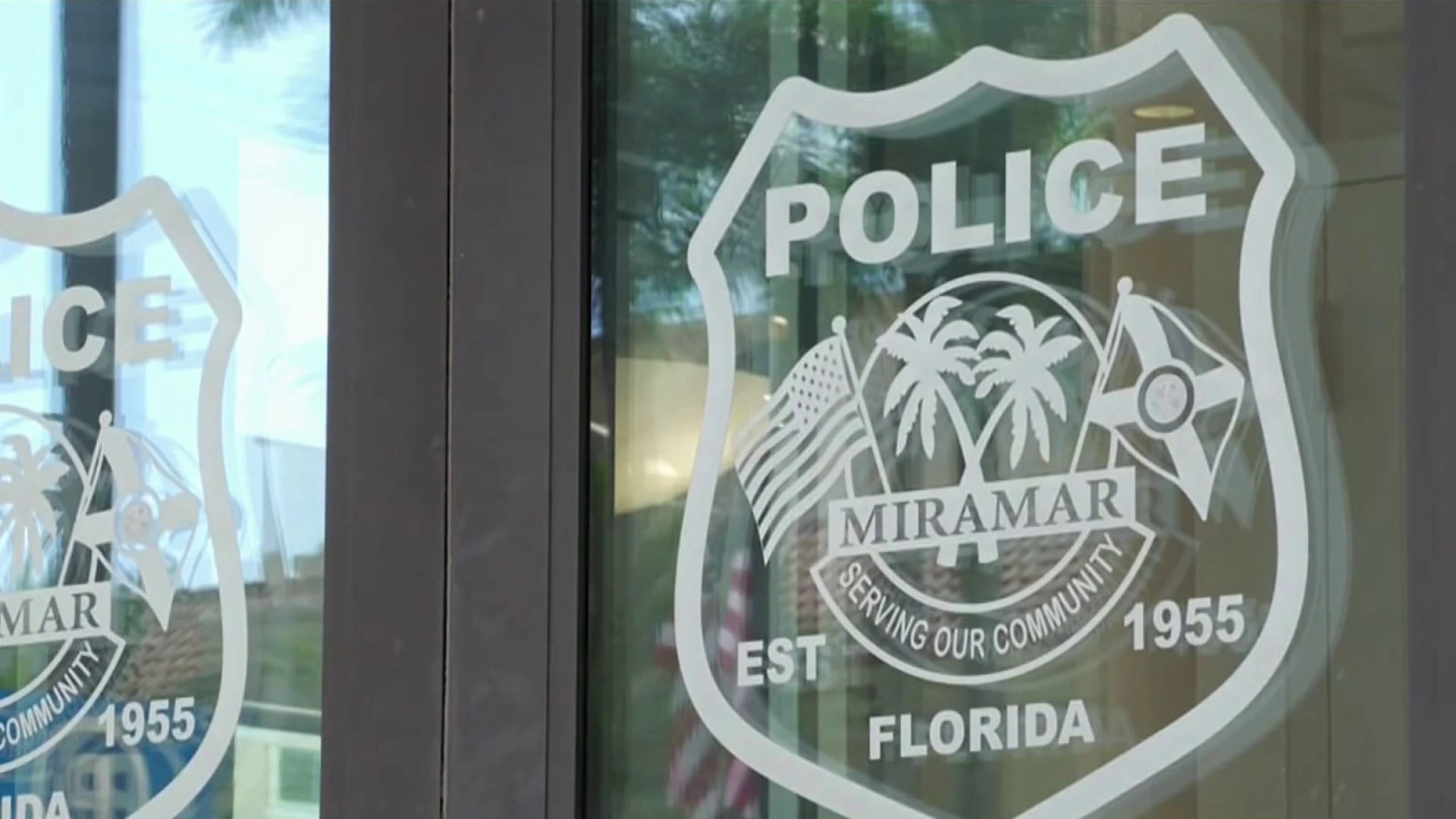What to Know
- Judge Pedro Echarte denied a motion to delay the eviction of those living near NW 71st Street and 36th Avenue after an emergency hearing.
- Miami-Dade’s local ordinance requires registered sex offenders live 2500 feet away from schools and childcare centers.
A judge says that time is up for homeless sex offenders living in tents located in one Northwest Miami-Dade area – even though they say they have nowhere else to go.
Judge Pedro Echarte denied a motion to delay the eviction of those living near NW 71st Street and 36th Avenue after an emergency hearing Thursday.
Legal Services of Greater Miami, the Florida Justice Institute and the American Civil Liberties Union filed a lawsuit seeking a court order to prevent the eviction and arrest of individuals, who they say are forced to live here due to the county’s restrictions – which are stricter than state laws.
Assistant Miami-Dade County Attorney Michael Valdes said officials have tried to find apartments for the tent-dwellers. They've also brought in portable bathrooms and hand-washing stations. He says the county isn't trying to ban them from the streets. He said the issue is the semi-permanent tent encampment.
Sex offenders aren't allowed at the county's homeless shelters and there are many restrictions on where they're allowed to live.
Miami-Dade’s local ordinance requires registered sex offenders live 2500 feet away from schools and childcare centers, while state laws only require 1000 feet.
Local
Advocates claim that hundreds of public housing and Section 8 buildings have denied applications to live there since it is up to the landlord's discretion if they want to allow those with criminal backgrounds to move in.
“Because of the difficulty they have finding house, they will most likely relocate to another street corner to avoid arrest and new encampments will pop up and this cycle will continue,” said Jeffrey Hearne from Legal Service of Greater Miami.
Sex offender camps are nothing new to South Florida. From 2006 to 2010, hundreds lived under the Julia Tuttle causeway until it was disbanded.
Last week, residents in West Kendall grew angry and protested after hearing that some of the homeless may relocate to a spot along Kendall Drive and Krome Avenue, where over a dozen people reportedly are already living.



